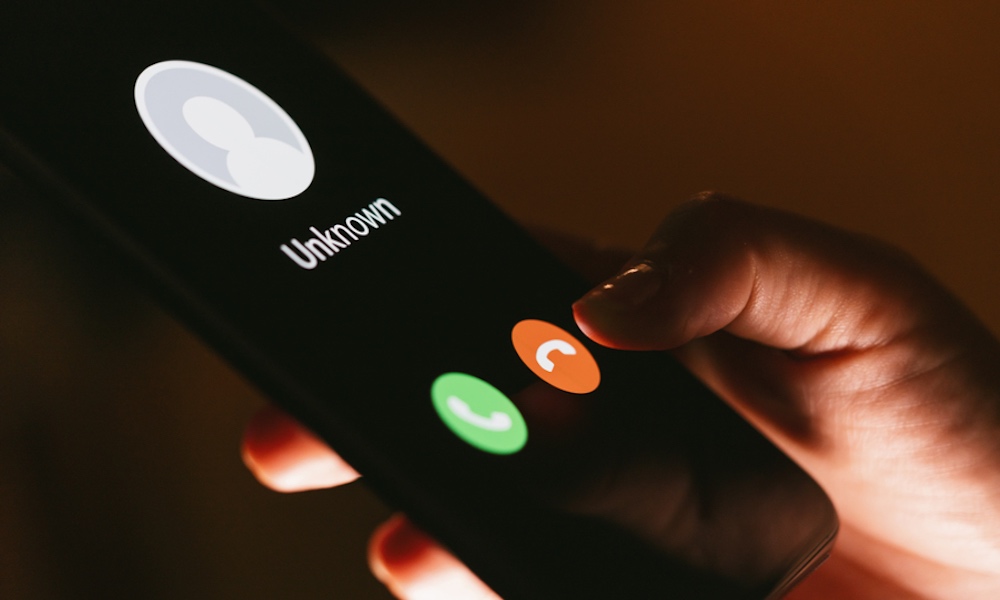Don’t Fall for Scams and Social Engineering Techniques
First and foremost, hackers and scammers are getting smarter each day. They can literally scare you into giving up your sensitive information, like passwords. That’s why you should avoid opening up strange emails or answering unsolicited phone calls. Phone calls are a notorious and scarily common method for scammers to reach you and manipulate you to give access to your iPhone or another device. To protect yourself, adhere to these important tips:
- Apple will never call you to tell you that you’ve been hacked. This is a scam. Do not trust strangers on the phone.
- Don’t click on suspicious links in emails and don’t type in any of your passwords in their forms. Scammers may see what you type and use it against you.
- Do not allow any stranger to install software on your Mac, iPhone, or iPad.
- Never give away your Apple ID password.
- If they’re offering you something that’s too good to be true, it probably is.
- If they’re offering you money because their “rich” family member died or something similar, don’t believe it.
- If you open an email and it makes no sense, or it has many grammatical errors, that’s another red flag. Just delete the email.
- If the “IRS” or similar entity calls and says you owe them money, you probably don’t. If you’re nervous, contact the IRS directly.
- No legitimate service will ask for your money upfront to send you more money in return. This is a scam.
- No legitimate service will ask to be paid in gift cards. Do not send scammers gift cards, you will not get your money back.
Now that you have a general idea of how to avoid common scams and social engineering techniques, let’s move onto public Wi-Fi.

